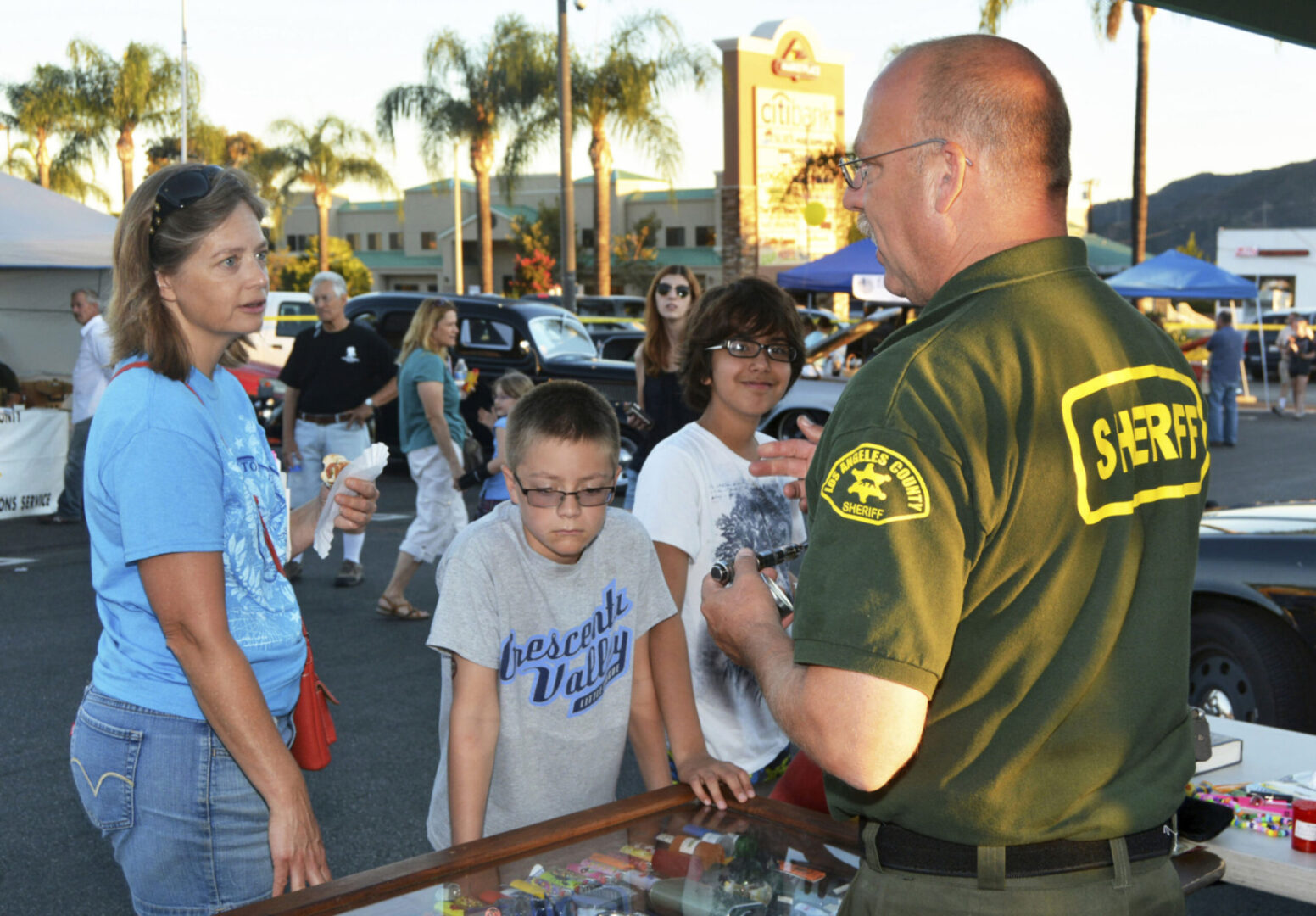Law enforcement agencies across the world are under pressure to serve their communities effectively and efficiently. The goal of law enforcement agencies is not only to maintain law and order but also to serve and protect their communities. In order to achieve these goals, it is important for law enforcement agencies to engage with their communities and to seek feedback on their performance. One way to achieve this is by conducting a community survey.
A community survey is a tool used by law enforcement agencies to gather feedback from the community on a range of issues such as public safety, crime, and community policing. The feedback collected from the community can help law enforcement agencies to better understand the needs of their communities and to improve their performance.
Here are five reasons why law enforcement agencies should undertake a community survey:
1. To understand the needs of the community
One of the main reasons why law enforcement agencies should undertake a community survey is to understand the needs of the community. The feedback collected from the community can help law enforcement agencies to identify areas where they need to improve and to better understand the priorities of their communities. For example, if the survey results indicate that the community is concerned about the rise in burglaries, the law enforcement agency can allocate resources to address this issue.
2. To improve public trust
Public trust is essential for effective law enforcement. Conducting a community survey can help law enforcement agencies to improve public trust by demonstrating that they are listening to the needs of the community. When the community sees that their feedback is being taken seriously, they are more likely to trust and support law enforcement agencies.
3. To improve communication
Effective communication is crucial for effective law enforcement. A community survey can help law enforcement agencies to improve communication with the community by providing a platform for feedback. By listening to the concerns and feedback of the community, law enforcement agencies can identify areas where they need to improve their communication strategies.
4. To measure performance
A community survey can help law enforcement agencies to measure their performance. By collecting data on a range of issues such as response times, crime rates, and public safety, law enforcement agencies can identify areas where they need to improve their performance.
5. To inform decision-making
A community survey can help law enforcement agencies to make informed decisions.
The feedback collected from the community can be used to inform the development of policies, programs, and initiatives that are tailored to the needs of the community. By making decisions that are informed by the needs of the community, law enforcement agencies can better serve and protect their communities.
To undertake a community survey, law enforcement agencies should consider using Officer Survey, a platform specifically designed to conduct surveys for law enforcement agencies. Officer Survey offers a range of features that can help law enforcement agencies to collect and analyze feedback from their communities.
Officer Survey allows law enforcement agencies to design and distribute surveys quickly and easily. The platform also offers a range of survey templates that can be customized to meet the needs of specific communities. Additionally, Officer Survey provides data analysis tools that allow law enforcement agencies to visualize and analyze survey results.
By using Officer Survey to conduct community surveys, law enforcement agencies can streamline the survey process and gather valuable feedback from their communities. This feedback can be used to inform decision-making, improve performance, and build trust with the community.
In conclusion, undertaking a community survey is an important tool for law enforcement agencies to better understand the needs of their communities and to improve their performance. By using Officer Survey to conduct community surveys, law enforcement agencies can streamline the survey process and gather valuable feedback from their communities. With this feedback, law enforcement agencies can make informed decisions and better serve and protect their communities.








